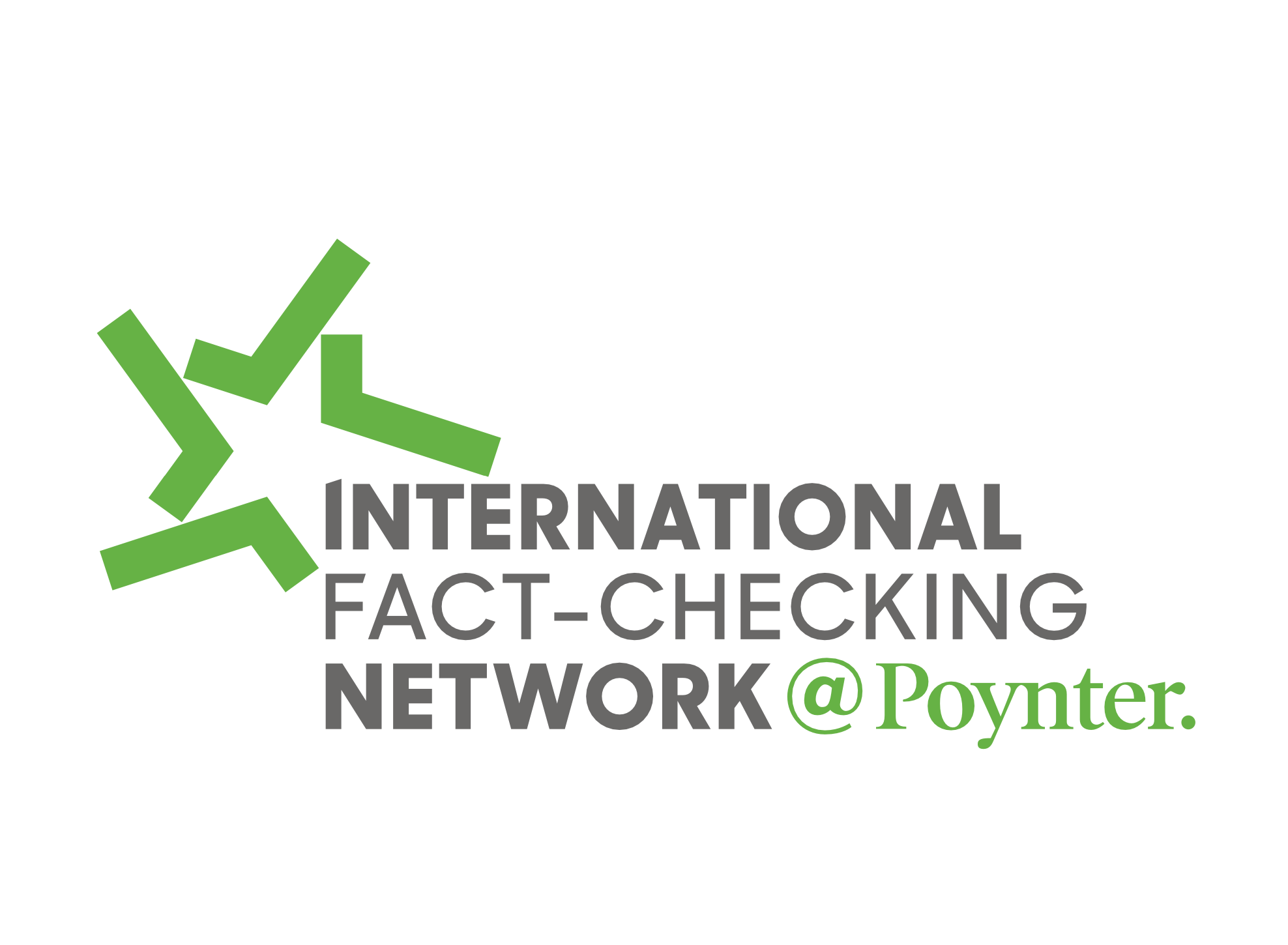In his first 100 days back in office, President Donald Trump invoked archaic immigration laws, questioned judges’ power to rule against him on immigration cases and attempted to end several legal immigration pathways.
Trump began laying the groundwork for his immigration plans long before his Jan. 20 inauguration.
For years, Trump and his allies have said falsely or without evidence that the U.S. is being invaded by migrants who are driving up crime rates and that foreign countries are sending their prisoners and mentally ill people to the U.S.
Several Trump administration officials also have said courts cannot and should not rule on Trump’s immigration actions because they deal with national security and foreign policy issues. In doing so, Trump “is seeking a lack of accountability to do things that the law otherwise prohibits,” said Matthew Lindsay, a University of Baltimore law professor.
The Trump administration’s use of national security or foreign policy as a shield against judicial overview is a stark difference from other administrations, Lindsay said.
We talked to lawyers, historians and criminologists to examine the false narratives and spin propelling Trump’s immigration policies in the first 100 days.
Trump’s case for an ‘invasion’ leads to mass deportation efforts
In 2018, during his first term, Trump described a caravan of thousands of migrants walking toward the U.S. southern border as an invasion. Many of them were expected to request asylum in the U.S. Constitutional law experts say that what legally counts as an invasion is an armed attack by militaries or paramilitaries.
During the 2024 presidential campaign, as illegal immigration reached historic highs during Joe Biden’s presidency, Trump began tying the invasion narrative to one of his signature policy promises: mass deportations.
“I will stop the migrant invasion, and we will begin the largest deportation operation in the history of our country,” he said at an October rally.
Ten days later, at another rally, he said: “We will not be occupied. We will not be conquered. That’s what they’re doing. This is an invasion into our country of a foreign military.”
So Trump upon taking office issued an executive order declaring a national emergency at the southern border. In two other directives he described illegal immigration as an invasion.
One of the laws he eventually invoked — the Alien Enemies Act of 1798 — lets the president detain and deport people from a “hostile nation or government” without a hearing when the U.S. is either at war with that country or the country has “perpetrated, attempted, or threatened” an invasion against the U.S.
“This is a time of war because Biden allowed millions of people, many of them criminals, many of them at the highest level,” Trump told reporters March 16. He added, “That’s an invasion. They invaded our country.”
The Alien Enemies Act has been used only three times in U.S. history, each during wartime.
In February, the State Department designated Tren de Aragua — a gang that formed some time between 2013 and 2015 in a Venezuelan prison — as a foreign terrorist organization.
In March, Trump invoked the Alien Enemies Act to deport hundreds of Venezuelans whom he said were Tren de Aragua gang members who had “infiltrated” cities across the country. They were sent to the Center for Terrorism Confinement, or CECOT, a maximum-security prison in El Salvador.
They were deported without due process; the government didn’t present evidence of their gang membership before a judge and the migrants weren’t given the opportunity to defend themselves. CECOT is the largest prison in Latin America and has been decried for human rights abuses, such as torture and lack of medial care.
Trump broadly portrays immigrants as criminals, but the data says otherwise

Migrants walk into Mexico after being deported from the U.S. at El Chaparral pedestrian border bridge in Tijuana, Mexico, Tuesday, Jan. 21, 2025. (AP Photo/Felix Marquez)
Trump has repeatedly said that countries — namely Congo and Venezuela — send people from prisons and mental hospitals to the U.S. He has not cited evidence.
“We were elected to clean up the mess of this country, and we had millions and millions of people come in who were criminals, who were murderers, who were everything you can imagine,” Trump said April 21. “Drug lords, drug dealers, they came in from prisons and from mental institutions. And, I was elected to move them out.”
The migrant crime narrative drove his successful presidential campaign. Vice President JD Vance pointed to Haitian immigration in Springfield, Ohio, cherry-picking from limited statistics to say migrants drove a murder spike. In addition to targeting Springfield, Trump said Tren de Aragua took over Aurora, Colorado.
To support its deportation efforts, the White House has said that Kilmar Armando Abrego Garcia, a Salvadoran immigrant who the U.S. government said it mistakenly deported to CECOT, is an MS-13 gang member. The administration has exaggerated findings from earlier judges on his case and highlighted tattoos that don’t correspond with MS-13.
Criminologists who study potential links between migration and crime say despite some high profile crimes committed by immigrants, they commit crimes at lower rates than native-born U.S. citizens.
- The Marshall Project found no link between crime and the migrant influx from April 2022 to May 2023 in New York, Chicago, Washington, D.C. and Denver, after Texas Gov. Greg Abbott began busing migrants into those cities. The Marshall Project’s 2024 report looked at policing data in cases involving crimes such as robbery, murders and shootings.
- A 2018 national study by University of Wisconsin and Purdue University sociologists found that increases in the immigrant population illegally in the U.S. are associated with significant decreases in violence. The study analyzed violent crime from 1990 to 2014, examining the association between changes in illegal immigration and violent crime at the state level in all 50 states and Washington, D.C.
- A National Institute of Justice study of Texas Department of Public Safety data from 2012 to 2018 showed immigrants in the U.S. illegally are arrested at less than half the rate of native-born U.S. citizens for violent and drug crimes. Researchers separated arrest data for crimes committed by immigrants illegally in the U.S. from data for crimes committed by immigrants in the U.S. legally and native-born U.S. citizens.
Trump said in an April 25 Time magazine interview, “We have crime rates under Biden that went through the roof, and we have to bring those rates down. And unfortunately, those rates have been added to by the illegal immigrants that he allowed into the country.”
Contrary to Trump’s statement, FBI data shows that violent crime dropped during Biden’s presidency.
“People are like, ‘Crime is out of control.’ Well, actually, crime is not out of control right now, but the perception is that it’s out of control,” said Charis Kubrin, a University of California, Irvine criminology, law and society professor. “It’s very easy to turn and blame immigrants, because those stereotypes have long existed and because it’s sort of this natural in group, out group approach that people take.”
Kubrin said that Trump’s misleading claims about immigrants and crime have led to policies based on faulty assumptions that don’t exclusively target people with criminal convictions.
The New York Times reported most of the 238 men deported to El Salvador have neither criminal records in the U.S. nor documented links to Tren de Aragua.
Kubrin said misleading perceptions of immigrant crime can harm immigrants.
“Other consequences include increased hate and hate crimes against immigrants and against racial and ethnic minorities who may resemble immigrants, like Asians and Hispanics, but are not immigrants themselves,” Kubrin said.
Trump officials ignore separation of powers when saying courts have no authority on immigration policies
Like previous administrations, many of Trump’s immigration policies have been challenged with lawsuits and halted with temporary restraining orders.
Trump and his officials have dismissed the constitutional division of powers among the legislative, executive and judicial government branches. At times, they’ve said the courts have no role to play and that the judges who don’t agree with Trump should be impeached.
After a federal judge ruled the Trump administration could not deport Venezuelans under the Alien Enemies Act, White House adviser Stephen Miller said, “A district court judge has no authority to direct the national security operations of the executive branch.”
Trump’s “border czar” Tom Homan said, “I don’t care what the judges think.”
White House Press Secretary Karoline Leavitt described the judge’s order as having “no lawful basis,” saying “federal courts generally have no jurisdiction over the President’s conduct of foreign affairs.”
Legal experts say federal courts have the power to review and rule on the constitutionality of the president’s immigration actions.
“There is absolutely nothing about an immigration policy that, by virtue of the fact that it is an immigration policy, insulates it from judicial review,” Michael Gerhardt, a University of North Carolina professor of jurisprudence, said.
The executive branch has broad discretion over foreign policy matters, but that doesn’t mean that cases that deal with foreign policy, including immigration cases, are off limits for the courts, Mary Ellen O’Connell, University of Notre Dame law professor, said.
Rick Su, a University of North Carolina immigration law professor, said, “The Trump administration appears to be arguing that just because foreign affairs is involved, the administration does not have to follow the law at all, that whatever they do is the law, and that the courts cannot exercise any jurisdiction over what they do.”
But courts haven’t ruled “that the law or judicial review does not apply to an immigration decision … just because foreign affairs is involved,” Su said.
Labeling immigrants who entered the US via legal immigration programs as ‘illegal’

Homeland Security Secretary Kristi Noem speaks during a tour along the Nogales border wall at the Mariposa Port of Entry, Saturday, March 15, 2025, in Nogales, Ariz. (AP Photo/Alex Brandon)
The Trump administration has said Biden abused his executive powers when he created certain programs that let people temporarily enter or stay in the U.S. legally. Vance also framed it this way during the campaign, falsely saying the beneficiaries of the programs were “illegal immigrants,” because the programs were illegal in his view.
Leavitt said people who entered the U.S. via humanitarian parole programs and eventually received Temporary Protected Status “came here for economic reasons, and they illegally entered our country.”
Humanitarian parole and Temporary Protected Status give people temporary legal authority to live and work in the U.S., immigration lawyers said. When those protections expire or are terminated, people’s immigration status reverts to what they had before these protections. Neither parole nor Temporary Protected Status directly lead to U.S. citizenship.
The Trump administration has tried to end these protections before their expiration.
Kristi Noem, Trump’s Homeland Security secretary, tried ending Temporary Protected Status for certain Venezuelans. Courts have temporarily halted the termination. The department is not extending the program for Afghans and Cameroonians and cut it short for Haitians. TPS for Haitians is now set to expire Aug. 3, six months before the original deadline.
The department also tried ending the protections of people with humanitarian parole under the program for Cubans, Haitians, Nicaraguans and Venezuelans. But a federal judge temporarily halted the move April 14.
Judge Indira Talwani said the humanitarian parole program’s beneficiaries complied with the available immigration processes.
“As lawful parolees, they did not have to fear arrest for being in the United States, were permitted to legally work if they received work authorization, and could apply for adjustment of status or other benefits while paroled into this country,” Talwani wrote. “The immediate impact of the shortening of their grant of parole is to cause their lawful status in the United States to lapse early –– in less than two weeks.”
Maria Cristina Garcia, a Cornell University history professor and migration expert, said some immigration changes are happening “quietly at the bureaucratic level,” such as denial of visas, while others were “announced with great fanfare,” such as the suspension of refugee admissions.
Garcia said, “I don’t think we have a full understanding yet of the many ways the Trump administration is changing our immigration system.”
This fact check was originally published by PolitiFact, which is part of the Poynter Institute. See the sources for this fact check here.








